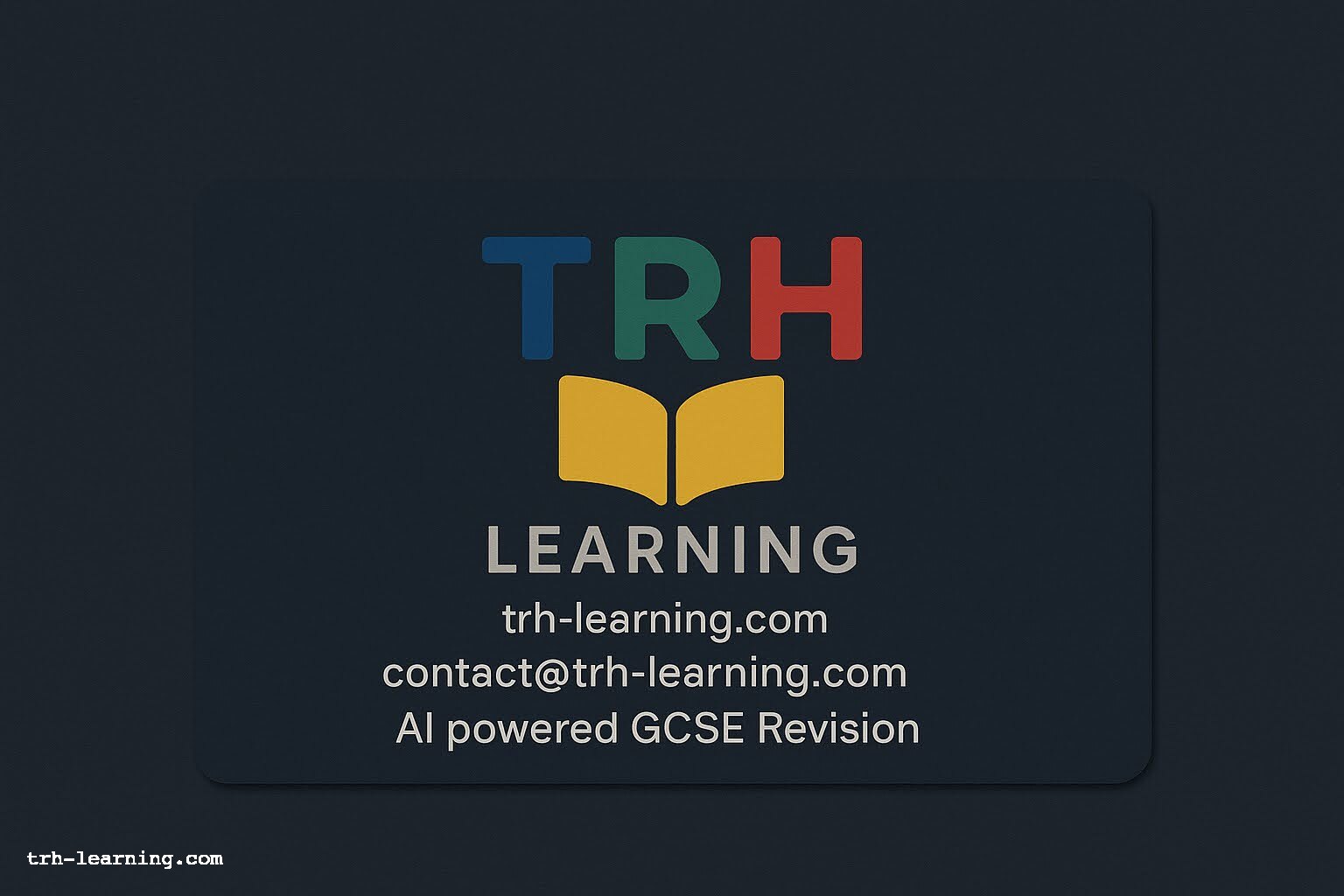Cracking the Science Code: A Guide to Acing GCSE Biology,...
A Guide to Acing GCSE Biology, Chemistry & Physics (Combined/Triple) - Provides strategies for memorising scientific terms, understanding practicals, interpr...
Title: Mastering GCSE Combined/Triple Science: A Comprehensive Guide
Introduction: Welcome to our ultimate guide on how to excel in GCSE Biology, Chemistry, and Physics - whether you're studying them as separate subjects or as part of the Combined Science or Triple Science curriculum. In this blog post, we will delve into effective strategies for mastering scientific terms, acing practicals, interpreting data, tackling calculations, and connecting key concepts across the three core science disciplines. Let's unlock the secrets to cracking the science code and achieving top grades in your exams!
-
Understanding Scientific Terms: One of the first steps to success in GCSE Science is mastering the vast array of scientific terms that you will encounter. To make this task more manageable, create flashcards or mind maps to help you memorise definitions, formulas, and key concepts. Regularly review and test yourself on these terms to reinforce your understanding. Additionally, try to use these terms in context by explaining them to others or applying them to real-world examples.
-
Nailing Practicals: Practical experiments are a crucial component of GCSE Science assessments, requiring you to demonstrate your practical skills, data analysis, and scientific reasoning. To excel in practicals, familiarise yourself with the experimental procedures beforehand, understand the underlying scientific principles, and practice any necessary techniques. Pay close attention to safety precautions and measurements to ensure accurate results. After conducting the experiment, analyse your data carefully and draw meaningful conclusions to showcase your scientific skills.

-
Interpreting Data: Data analysis is a key skill in all three science disciplines, requiring you to interpret graphs, tables, and experimental results effectively. To enhance your data interpretation skills, practice identifying trends, patterns, and relationships in data sets. Pay attention to units of measurement, scales, and uncertainties to ensure accurate analysis. Use mathematical calculations and scientific reasoning to draw conclusions from the data and support your findings with evidence.
-
Tackling Calculations: Mathematical calculations are an integral part of GCSE Science, especially in Chemistry and Physics. To tackle calculations with confidence, familiarise yourself with the relevant formulas, units, and mathematical techniques. Practice solving numerical problems and applying mathematical concepts to real-world scenarios. Pay attention to significant figures, units conversions, and algebraic manipulation to ensure accuracy in your calculations. Remember to show your working clearly and check your answers for errors.
-
Linking Concepts Across Disciplines: GCSE Combined/Triple Science requires you to make connections between Biology, Chemistry, and Physics concepts to demonstrate a holistic understanding of science. Look for common themes, principles, and applications that span across the three disciplines. For example, explore how the principles of energy transfer in Physics relate to metabolic processes in Biology or how chemical reactions in Chemistry impact environmental systems. By linking concepts across disciplines, you can deepen your understanding of science and excel in integrated exam questions.
Conclusion: By implementing the strategies outlined in this guide, you can enhance your performance in GCSE Combined/Triple Science and unlock your full potential in Biology, Chemistry, and Physics. Remember to stay organised, practice consistently, seek help when needed, and approach your studies with curiosity and enthusiasm. With dedication and strategic study techniques, you can crack the science code and achieve outstanding results in your exams. Good luck on your science journey!